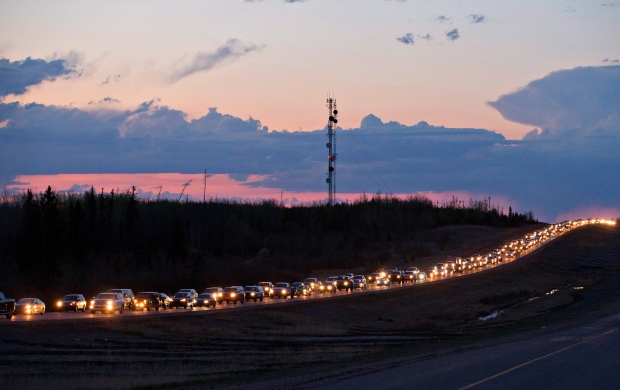
Our hearts go out to everyone fighting the fires in Alberta, from the families evacuated to the firefighters and other crew remaining to stop its spread.
At D.I.S. Financial Group, we’ve been touched by stories of kindness and generosity in the wake of the Fort McMurray wildfire. Amidst the devastation, it’s encouraging to witness the actions of everyday people helping out. We’ve been especially proud of our industry; by the insurance companies who have committed themselves to serving their clients displaced by the evacuation. In fact, their role will be huge in the rebuilding of the local community.
Just like any isolated house fire, insurance companies and the field adjustors they send are often the first on scene after an evacuation. Their role is to clarify your coverage and assess the damage with you. The following details what to expect when you return home after a disaster.
Be Prepared for your Return
After a disaster strikes, returning to your home can be an emotional experience. Unfortunately, if you’re not careful, it can also be a dangerous one. It is important that you properly inspect your home for potential hazards before you resume your life there.
Returning Home after a Disaster
Take pictures of damages before you begin cleanup and keep good records of repair and cleaning costs for your insurance agent. Here are a few hazards to look for:
- Natural gas. If you smell gas or hear a hissing sound, open a window and leave immediately. Alert the gas company as soon as possible.
- Sparks and broken or frayed wires. If you suspect damage to any part of your electrical system or if there is standing water in your home, turn off the electricity at the main fuse box if you can safely do so. Do not use electricity unless you are certain it is safe to do so.
- Roof, foundation and chimney cracks. A close examination of your home’s structural integrity is very important. If you feel that there is a chance for collapse, leave immediately.
- Water and sewage systems. If any pipes are damaged, turn off your water at the main valve. Check with local authorities before using any water, as it may be contaminated. Also, make sure sewer lines are intact before using toilets.
- Hazardous materials. Household chemicals, raw sewage and other substances that have spilled or leaked throughout your home need to be safely cleaned up as soon as possible.
Safety First
If you have any doubts about how damages could affect your safety, have your home inspected by a qualified building inspector or structural engineer before entering.
Helpful Resources:
- Insurance Bureau of Canada – “Wildfire in Fort McMurray and Surrounding Area”
- Intact Insurance – “Getting you back on track after a wildfire”

